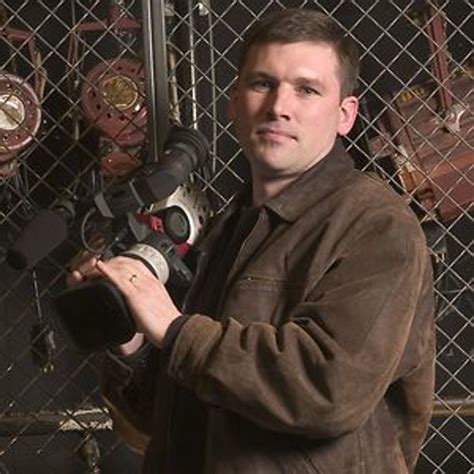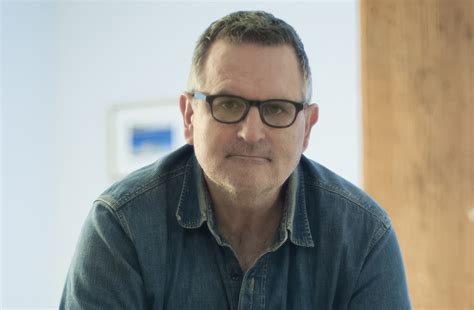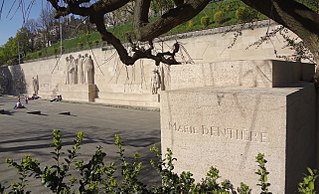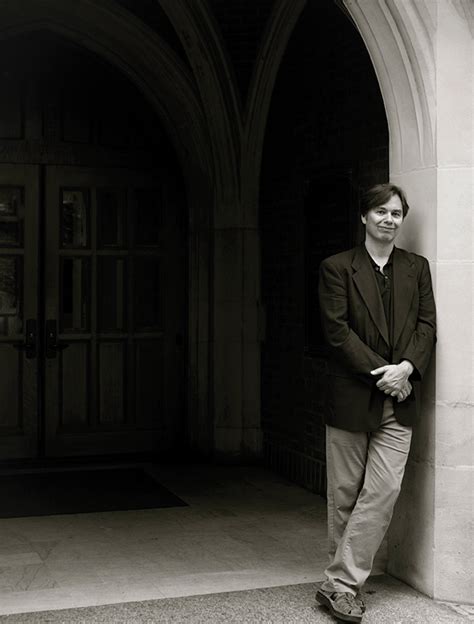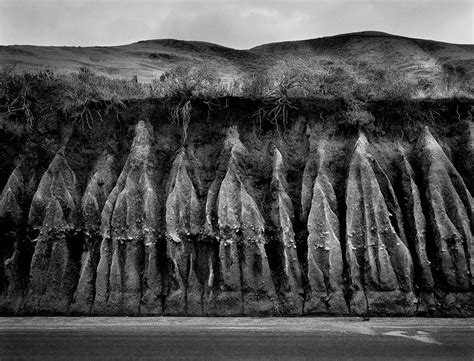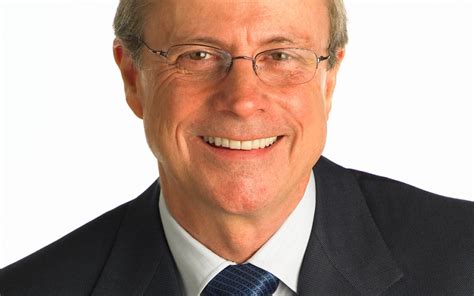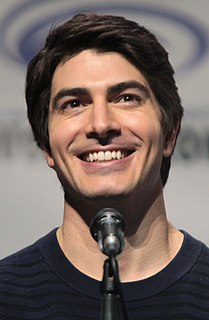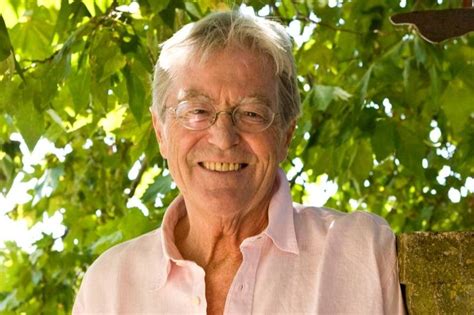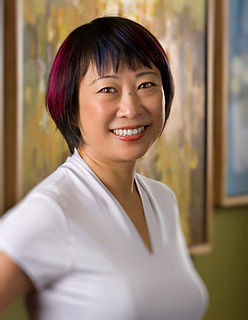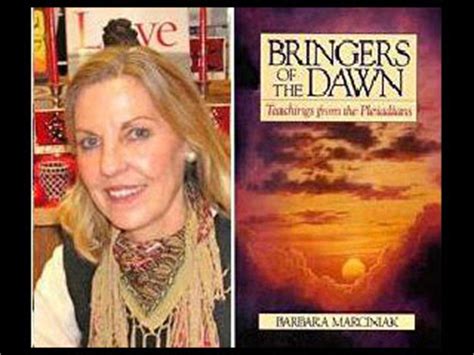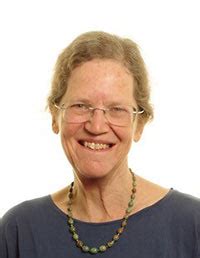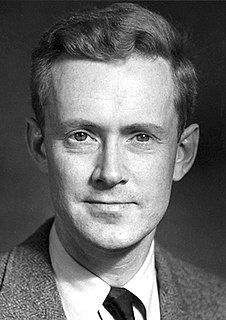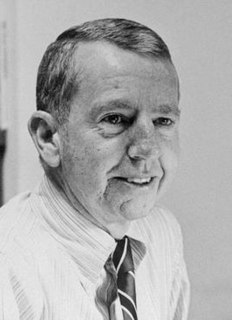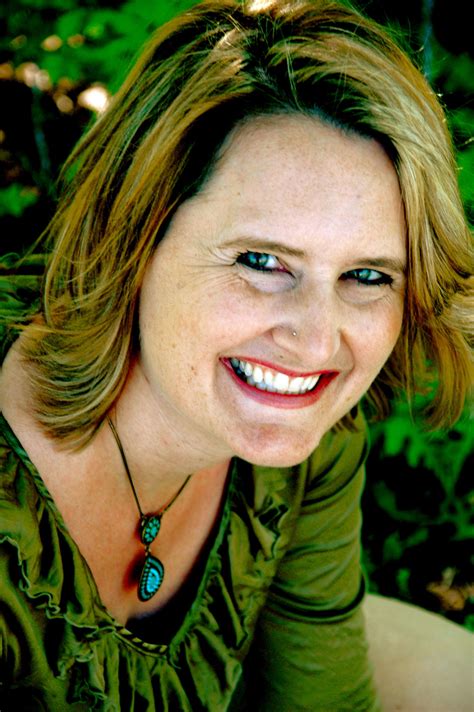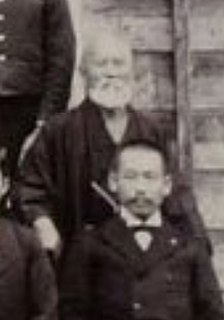Top 554 Revealing Quotes & Sayings - Page 9
Explore popular Revealing quotes.
Last updated on December 22, 2024.
I find it relatively easy to keep my clothes on because I don't really feel like taking them off. It's not an urge I have. For me, 'risky' is revealing what really happened in my life through music. Risky is writing confessional songs and telling the true story about a person with enough details so everyone knows who that person is. That's putting myself out there, maybe even more than taking my shirt off.
When we reveal ourselves to our partner and find that this brings healing rather than harm, we make an important discovery - that intimate relationship can provide a sanctuary from the world of facades, a sacred space where we can be ourselves, as we are ...This kind of unmasking - speaking our truth, sharing our inner struggles, and revealing our raw edges - is sacred activity, which allows two souls to meet and touch more deeply.
It was strange to see someone you have only known alone begin interacting with other people, for that somebody known to you disappears and is replaced by a different, more complex, person. You watch him revolve in this new company, revealing new facets, and there is nothing you can do but hope you like these other sides as much as you like the side that seemed whole when it faced only you.
We actually needed the memory - if you see the film - as a very different kind of a plot device of revealing some information to our main character. So we chose to represent it as these sort of beautiful little snow globes, which kind of, weirdly, that's the way we think of memories - at least, most of the folks that we talked to. You think of these memories as being very pure and absolute and unchanging. That's not actually real life.
My hair was so much a part of my personality and all my photo shoots. I hid behind my hair. And then, I just decided I was okay with myself. To have short hair and really show my face is even more revealing than anything. It's a statement - not to everyone else, more to myself. I'm just ready to get out from behind my hair and be myself.
I'm glad that so many of Donald Pease's unique and revealing insights on Dr. Seuss--observations he shared with me on camera with an effusiveness and profundity quite unmatched--have found their way into book form. No one tells these tales of young Ted, Mr. Geisel, and Dr. Seuss, and makes the connections between the three of them, quite like Dr. Pease.
The hidden village was something we found when we went to research in China we climbed a mountain in the Sichuan province where the panda sanctuary is based, and we climbed to this beautiful, mist-covered, almost primordial place and when we turned these corners these moss covered old buildings would come into view, revealing themselves and it was so beautiful and so unlike anything we'd seen that we literally took those moments and put them into the film [Kung Fu Panda 3].
There's this quote by a writer, Emil Cioran, he's a Romanian writer. He says that you should only put things in books that you would never dare to say to people in real life. So there is that feeling of acute embarrassment, or that you've been too revealing. I think it's some kind of survival mechanism where I never think of the reader, ever. Because then I would start censoring myself.
What art should be about,' they will say, 'is revealing exquisite and resonant truths about the human condition.' Well, to be honest - no, it shouldn’t. I mean, it can occasionally, if it wants to; but really, how many penetrating insights to human nature do you need in one lifetime? Two? Three? Once you’ve realised that no one else has a clue what they’re doing, either, and that love can be totally pointless, any further insights into human nature just start getting depressing really.
Oh, Black known and unknown poets, how often have your auctioned pains sustained us? Who will compute the lonely nights made less lonely by your songs, or by the empty pots made less tragic by your tales? If we were a people much given to revealing secrets, we might raise monuments and sacrifice to the memories of our poets, but slavery cured us of that weakness.
Most everybody had made at least one bad, drunken decision in their lives. Called an ex at two in the morning. Or perhaps has a little too much to drink on a second date and wept inconsolably while revealing how simply damaged one was, while nonetheless retaining an uncommonly large capacity for love. That kind of thing was, while regrettable, at least comprehensible. But waking up with someone generationally inappropriate, like your grandfather's best buddy?
I believe everything is autobiographical. If it's not strictly about you, it's your peers, your obsessions, things that make you angry, or things that you've been watching or obsessing about. Preoccupying you for reasons you don't necessarily know, but it's about you. It says a lot about you. It's like when someone tells you their dream and you sit there going, "Do you realize how much you're revealing about yourself right now?" It's kind of embarrassing.
A heartwarming tale of Christmas past that's chock full of all the wit and hilarity we admire in America's favorite humorist--Mark Twain. Carlo DeVito brings us back one hundred years to a magical time in Twain's family life, revealing a house that's brimming with love and laughter, as well as the profound heartbreaks of life. A Mark Twain Christmas only deepens our understanding and respect for both the man and his work.
I don't want to convince you that mathematics is useful. It is, but utility is not the only criterion for value to humanity. Above all, I want to convince you that mathematics is beautiful, surprising, enjoyable, and interesting. In fact, mathematics is the closest that we humans get to true magic. How else to describe the patterns in our heads that - by some mysterious agency - capture patterns of the universe around us? Mathematics connects ideas that otherwise seem totally unrelated, revealing deep similarities that subsequently show up in nature.
When desire is still in this pure state, the man and the woman fall in love with life, they live each moment reverently, consciously, always ready to celebrate the next blessing. When people feel like this, they are not in a hurry, they do not precipitate events with unthinking actions. They know that the inevitable will happen, that what is real always finds a way of revealing itself. When the moment comes, they do not hesitate, they do not miss an opportunity, they do not let slip a single magic moment, because they respect the importance of each second.
If God has given graces to some good women, revealing to them something holy and good through His Holy Scriptures, should they, for the sake of the defamers of the truth, refrain from writing down, speaking, or declaring it to each other? Ah! It would be too impudent to hide the talent which God has given us, we who ought to have the grace to persevere to the end. Amen!
I think the media has got into this Enquirer mentality. Years ago, legitimate press didn't really concern itself with sordid details of people's personal lives. That wasn't the focus. But also a lot of celebrities were bullied into revealing this breakup or tragedy or divorce or problem. They started to talk about it and the press just started to talk about people's private lives. That just seems to be the norm.
I began to think about the extent to which nude and semi-nude female bodies are commonplace in our present day culture and how young girls might be affected. I wondered if, at some point, this bombardment of images could possibly get boring and that concealing - rather than revealing - would awaken sexual desire. I don't think that will ever be the case, of course, but I was intrigued to write a poem in which dressing was just as erotic as undressing.
Many people believe letters the most personal and revealing form of communication. In them, we expect to find the charmer at his nap, slumped, open-mouthed, profoundly himself without thought for appearances. Yet, this is not quite true. Letters are above all useful as a means of expressing the ideal self; and no other method of communication is quite so good for this purpose. In conversation, those uneasy eyes upon you, those lips ready with an emendation before you have begun to speak, are a powerful deterrent to unreality, even to hope.
Art begs you to notice it. Why? Because art is God's way of saying hello. So pay attention to poetry. Pay attention to music. Pay attention to paintings and sculptures and photo exhibits and ballets and plays. Don't let all this go unnoticed. Your world is shouting out to you, revealing something intrinsically glorious about itself. Listen carefully. Love art, the way art loves life.
The Bible is an ancient text from an ancient context. We live thousands of miles and thousands of years away from that context, which also represents different cultures. Archaeology is a modern means of revealing both the lost record of the ancient world, and the historical and social world of the Bible. While the purpose of archaeology is not to prove the historicity of the people and events recorded in Scripture, it can help immeasurably to confirm the historical reality and accuracy of the Bible and to demonstrate that faith has a factual foundation.
What a rare joy it is to linger in the lucid, transcendent worlds of Jennifer Maier's poems. In taut, precise language and lapidary images, Now, Now explores myriad pathways of connection, the ways desire, longing, and imaginative possibility brush up against the everyday, revealing a keen, fiercely compassionate intelligence-a sensibility so finely attuned and so clearly in love with the world that you would follow it almost anywhere.
A person is quite different from a tree or rock or stream. By introducing the nude into my pictures, I started perceiving all the things I was photographing in new ways. In contrast or opposition to each other, things became much more significant and interesting, revealing many more qualities than I had ever dreamed of knowing and expressing. By using the nude, I stopped thinking in terms of objects.
The economics of television syndication and DVD sales mean that there's a tremendous financial pressure to make programs that can be watched multiple times, revealing new nuances and shadings on the third viewing. Meanwhile, the Web has created a forum for annotation and commentary that allows more complicated shows to prosper, thanks to the fan sites where each episode of shows like 'Lost' or 'Alias' is dissected with an intensity usually reserved for Talmud scholars.
John Cassavetes' films have really altered the way I see film and acting and storytelling and emotion and love, so I see acting as this incredible revealing of human nature and this means of telling our story, sharing our voice with the world. That's what acting is for me. It allows for people to experience things through the character, through the story.
Our intellect is not the most subtle, the most powerful, the most appropriate, instrument for revealing the truth. It is life that, little by little, example by example, permits us to see that what is most important to our heart, or to our mind, is learned not by reasoning but through other agencies. Then it is that the intellect, observing their superiority, abdicates its control to them upon reasoned grounds and agrees to become their collaborator and lackey.
We fell in love during the making of 'Ye Maaya Chesave' in 2009, and the love affair continued very well in the following years. I was, however, delaying revealing to my parents about my love affair despite Sam's insistence. One day, when we were chatting casually, Sam threatened to tie a 'rakhi' on me if I didn't tell about the love to my parents.
Geology does better in reclothing dry bones and revealing lost creations, than in tracing veins of lead and beds of iron; astronomy better in opening to us the houses of heaven than in teaching navigation; surgery better in investigating organiation than in setting limbs; only it is ordained that, for our encouragement, every step we make in science adds something to its practical applicabilities.
You can claim that God is guiding you and revealing to you the answer or solution to your problem. Accept the truth that the nature of Infinite Intelligence is to respond to you, and you will receive an answer without the aid of any man. You can boldly affirm, “I am whole, perfect, strong, loving, illumined, prosperous and inspired.” As you continue to affirm these truths and feel and believe what you claim, without the help or cooperation of anyone, you will express what you feel to be true. Remember, whatever you attach to I AM, you become.
Arnold Rampersad's stunningly revealing biography has, at long last, unveiled-in magisterial prose-the very complex and vulnerable man behind Ralph Ellison's own masks and myths. One of the nation's most brilliant writers emerges as all the more fascinating precisely because he was so very human. Painstakingly researched and compellingly written, Ralph Ellison is a masterwork of the genre of literary biography.
Not like this vision before us, who was shaking water out of his slightly overlong reddish-brown hair as he leaned over to lay down his board (revealing, as he did so, the fact that beneath his baggy swim trunks—so weighted down with water that they had sunk somewhat dangerously low on his hips—lurked what appeared to be an exceptionally well-formed gluteus maximus)
Jesus' whole life and mission involve accepting powerlessness and revealing in this powerlessness the limitlessness of God's love. Here we see what compassion means. It is not a bending toward the underprivileged from a privileged position; it is not a reaching out from on high to those who are less fortunate below; it is not a gesture of sympathy or pity for those who fail to make it in the upward pull. On the contrary, compassion means going directly to those people and places where suffering is most acute and building a home there.
One influential philosophical position about the use of probability in science holds that probabilities are objective only if they are based on micro-physics; all other probabilities should be interpreted subjectively, as merely revealing our ignorance about physical details. I have argued against this position, contending that the objectivity of micro-physical probabilities entails the objectivity of macro-probabilities.
Some people as a result of adversity are sadder, wiser, kinder, more human. Most of us are better, though, when things go better. Knowing when to keep your mouth shut is invariably more important than opening it at the right time. Always listen to a man when he describes the faults of others. Often times, most times, he's describing his own, revealing himself.
The trees bathed their great heads in the waves of the morning, while their roots were planted deep in gloom; save where on the borders of the sunshine broke against their stems, or swept in long streams through their avenues, washing with brighter hue all the leaves over which it flowed; revealing the rich brown of the dacayed leaves and fallen pine-cones, and the delicate greens of the long grasses and tiny forests of moss that covered the channel over which it passed in the motionless rivers of light.
We live in a society of social networks, with Twitter pages and Facebook, and that’s fine, but we have contact with our work associates, our family, our friends, and it seems like half the time we are more preoccupied with our phone and other things going on instead of the actual relationships that we have right in front of us. Hopefully, people can learn from this and try to actually help if someone is battling something deeper on the inside than what they are revealing on a day-to-day basis.
Our characteristic response to the mutilated statue, the bronze dug up from the earth, is revealing. It is not that we prefer time-worn bas-reliefs, or rusted statuettes as such, nor is it the vestiges of death that grip us in them, but those of life. Mutilation is the scar left by the struggle with Time, and a reminder of it - Time which is as much a part of ancient works of art as the material they are made of, and thrusts up through the fissures, from a dark underworld, where all is at once chaos and determinism.
Acting for me is liberating. It's almost like therapy, because I grew up in a blue-collar environment where you're not supposed to have feelings. So it's freeing to be in a safe place like a TV or film set where you discover feelings, and where you're supposed to be open and honest with everybody while exposing the weakest parts of you. And then when people congratulate you on revealing the weakest part of who you are, then you start realizing that that might not be weakness. It might be a different kind of strength.
I get a singular comment that's very revealing: "I didn't know what to expect." Every time I hear that I think it's really just code for, "I wasn't sure I'd be comfortable with you in this role," which I understand coming from Oscar Bluth and Hank Kingsley and whatever. But I think there's a degree of, "Oh, okay, this is how it is." Then almost always people tell me that they love it and then people start talking to me about their families, whether it's transgender issues or not.
People are tied together and yet isolated from each other by invisible threads of rhythm and hidden walls of time. Time is... a primary organizer of all activities, a synthesizer and integrator, a way of handling priorities and categorizing experience, a feedback mechanism for how things are going, a measuring rod against which competence, effort, and achievement are judged as well as a special message system revealing how people really feel about each other and whether or not they can get along.
Really it's all about what's inside the Superman suit. How you feel about yourself when you put that on because it's very revealing and very imposing if worn with confidence, I suppose. The first time I wore it, I didn't have that as much. I hadn't really trained any, yet. I hadn't read the script, I hadn't really worked on the character at that point. And I was standing around with a room full of costume designers and everybody was judging me right away and going, "Don't make your judgment on it, if this is Superman quite yet or not," because I hadn't done all the work that I would later do.
God is resplendently reflected in the souls of His chosen ones, and these pure souls, these images of God, like the transparent glass, shine forth like gold in the sun, like diamonds of the purest water, but they shine for God and the angels, not revealing their brightness to men, although at times, by God's ordering, they do shine even for them, by the light of their faith, their virtues, when necessary, similar to a candle put on a candlestick in a room, and lighting the room with all those who are in it. (cf. Mt. 5:15).
Day after day we looked for rain, and day after day we saw nothing but the sun. Lavender that we had planted in the spring died. The patch of grass in front of the house abandoned its ambitions to become a lawn and turned into the dirty yellow of poor straw. The earth shrank, revealing its knuckles and bones, rocks and roots that had been invisible before.
Life has been messy for me, as it has for most everyone. I have come to the realization that challenging experiences break us all at some point—our bodies and minds, our hearts and egos. When we put ourselves back together, we find that we are no longer perfectly straight, but rather bent and cracked. Yet it is through these cracks that our authenticity shines. It is by revealing these cracks that we can learn to see and be seen deeply.
Knowledge is sacred and the choice to be informed or merely entertained in today's world is a very revealing test of the times. Expanding your mind to penetrate the deeper meanings of life is not only liberating, it is crucial to your well-being, for knowledge is power, and how you use your power inevitably determines the course of your personal and collective life.
The disassociation between inner belief and outer behaviour allowed many people to enjoy a sense of retaining their inner decency while at the same time not risking any loss of livelihood, any compromise over career ambitions, let alone any potentially more sanctions; hence never revealing any signs of disagreement or openly showing anything less than apparently full commitment to the regime and its policies
Iconography becomes even more revealing when processes or concepts, rather than objects, must be depicted for the constraint of a definite "thing" cedes directly to the imagination. How can we draw "evolution" or "social organization," not to mention the more mundane "digestion" or "self-interest," without portraying more of a mental structure than a physical reality? If we wish to trace the history of ideas, iconography becomes a candid camera trained upon the scholar's mind.
In common with other artists the photographer wants his finished print to convey to others his own response to his subject. In the fulfillment of this aim, his greatest asset is the directness of the process he employs. But this advantage can only be retained if he simplifies his equipment and technic to the minimum necessary, and keeps his approach from from all formula, art-dogma, rules and taboos. Only then can he be free to put his photographic sight to use in discovering and revealing the nature of the world he lives in.
Our relationship with sleep is currently in crisis, but we're also living in a golden age of sleep science - revealing all the ways in which sleep and dreams play a vital role in our decision-making, emotional intelligence, cognitive function, and creativity. Every week, new research reveals how vital sleep is to our health, happiness, job performance, and relationships.
I have not yet lost a feeling of wonder, and of delight, that this delicate motion should reside in all the ordinary things around us, revealing itself only to him who looks for it. I remember, in the winter of our first experiments, just seven years ago, looking on snow with new eyes. There the snow lay around my doorstep - great heaps of protons quietly precessing in the earth’s magnetic field. To see the world for a moment as something rich and strange is the private reward of many a discovery.
First,” he said, coming behind me and placing his hands on the counter, just outside of mine, “choose your tomato.” He dipped his head so his mouth was at my ear. His breath was warm, tickling my skin. “Good. Now pick up the knife.” “Does the chef always stand this close?” I asked, not sure if I liked or feared the flutter his closeness caused inside me. “When he’s revealing culinary secrets, yes.
The great wheel of fire of ancient wisdom, silence and word engendering the myth of the origin, human action engendering the epic voyage toward the other; historical violence revealing the tragic flaw of the hero who must then return to the land of origin; myth of death and renewal and silence from which new words and images will arise, keeps on turning in spite of the blindness of purely lineal thought.
Nom de Plume uses the device of the pseudonym to unite the likes of Charlotte Bronte, Mark Twain, Fernando Pessoa, and Patricia Highsmith into a cohesive yet highly idiosyncratic literary history. Each page affords sparkling facts and valuable insights onto the manufacturing of books and reputations, the keeping and revealing of secrets, the vagaries of private life and public opinion, and the eternally mysterious, often tormented interface between life and literature.
You must take care to light the matches one at a time. If a powerful emotion should ignite them all at once, they would produce a splendor so dazzling that it would illuminate far beyond what we can normally see; and then a brilliant tunnel would appear before our eyes, revealing the path we forgot the moment we were born, and summoning us to regain the divine origins we had lost. The soul ever longs to return to the place from which it came, leaving the body lifeless.
The only remarkable thing about Francis Ford Coppola's The Godfather, Part II is the insistent manner in which it recalls how much better his original film was. Even if Part II were a lot more cohesive, revealing and exciting than it is, it probably would have run the risk of appearing to be the self-parody it now seems…Its insights are fairly lame at this point.
A hopeful book that moms will relish, Blue Like Playdough is an honest, peel-back-the-covers look at the creative way God shapes us through childhood and parenthood. Tricia Goyer explores her own weaknesses along the journey, revealing her desire to serve the God who forms strength and joy and perseverance within her. A compelling, fresh read.
Each is but a means to an end; in the perfected end we find the intent, and there God — not in the laws themselves, except as his means of revealing himself. For that same reason, human science cannot discover God. For human science is but the backward undoing of the tapestry-web of God's science, it works with its back to him, and is always leaving him — his intent.
Karate cannot be adequately learned in a short space of time. Like a torpid bull, regardless of how slowly it moves, it will eventually cover a thousand miles. So too, for one who resolves to study Karate diligently two or three hours every day. After three or four years of unremitting effort one's body will undergo a great transformation revealing the very essence of Karate.
People only speak to get something. If I say, Let me tell you a few things about myself, already your defenses go up; you go, Look, I wonder what he wants from me, because no one ever speaks except to obtain an objective. That's the only reason anyone ever opens their mouth, onstage or offstage. They may use a language that seems revealing, but if so, it's just coincidence, because what they're trying to do is accomplish an objective.





